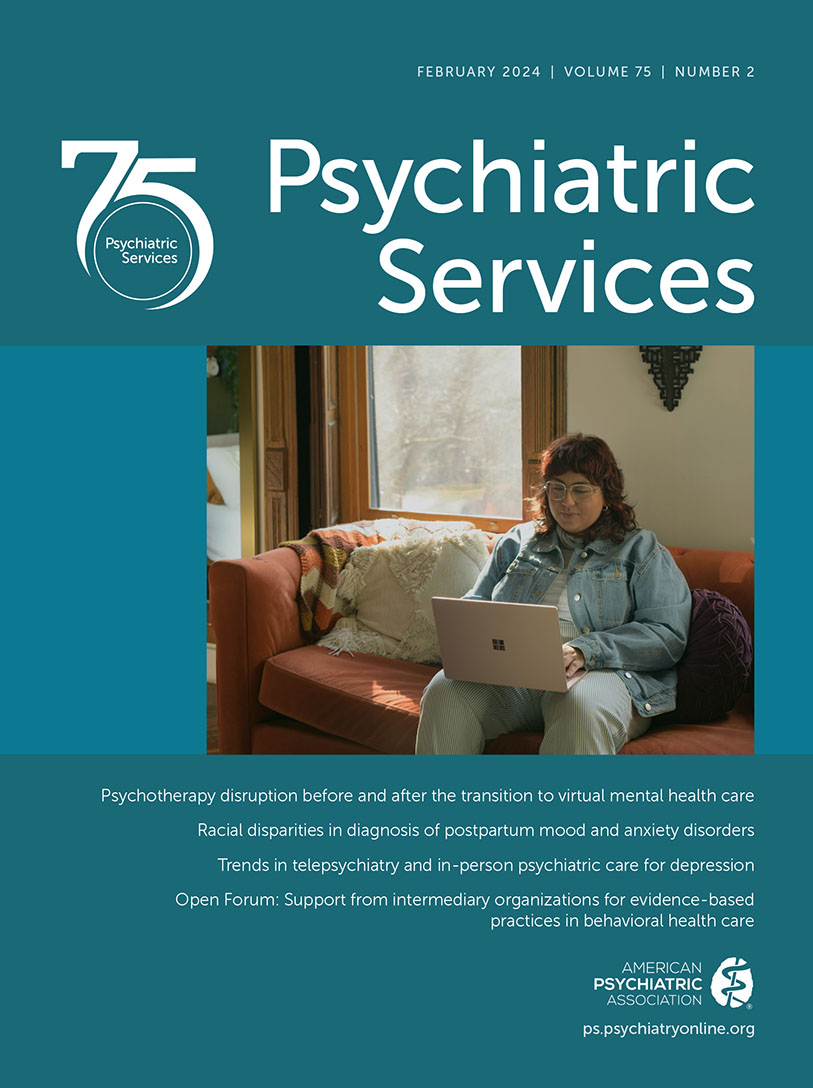Abstract
Objective:
The purpose of this study was to test the effects of causal explanations, information about treatability, and type of psychiatric diagnosis on how the public reacts to an individual described as having a specific mental illness versus subclinical distress.
Methods:
A 5 (mental health condition) × 2 (treatability) × 4 (causal explanation) vignette experiment was embedded in an online survey, followed by assessments of prognostic optimism and desire to maintain social distance from the vignette character. Data were collected, in late 2022, from a probability sample (N=1,607) representative of the U.S. adult population. Ordinary least-squares regression was used to estimate the effects of the experimental conditions, covariates, and interactions on respondents’ desire for social distance and their prognostic optimism.
Results:
Attribution of mental illness to a genetic predisposition (vs. no attribution) significantly (p<0.001) predicted unwillingness to socially interact with the vignette character, regardless of the character’s psychiatric diagnosis. Describing the illness as treatable with medication or psychotherapy (vs. no treatability information) also reduced willingness to socially interact, yet it also increased optimism for recovery. Desire for social distance and prognostic pessimism were greater for alcohol use disorder, opioid use disorder, or schizophrenia compared with major depression or subclinical distress.
Conclusions:
Attributing mental illness solely to genetics predicts social rejection of people diagnosed as having psychiatric disorders. Efforts to reduce stigma, increase social acceptance, and protect the mental health of individuals diagnosed as having a mental illness should include not framing mental illness exclusively in genetic terms.
Access content
To read the fulltext, please use one of the options below to sign in or purchase access.- Personal login
- Institutional Login
- Sign in via OpenAthens
- Register for access
-
Please login/register if you wish to pair your device and check access availability.
Not a subscriber?
PsychiatryOnline subscription options offer access to the DSM-5 library, books, journals, CME, and patient resources. This all-in-one virtual library provides psychiatrists and mental health professionals with key resources for diagnosis, treatment, research, and professional development.
Need more help? PsychiatryOnline Customer Service may be reached by emailing [email protected] or by calling 800-368-5777 (in the U.S.) or 703-907-7322 (outside the U.S.).



